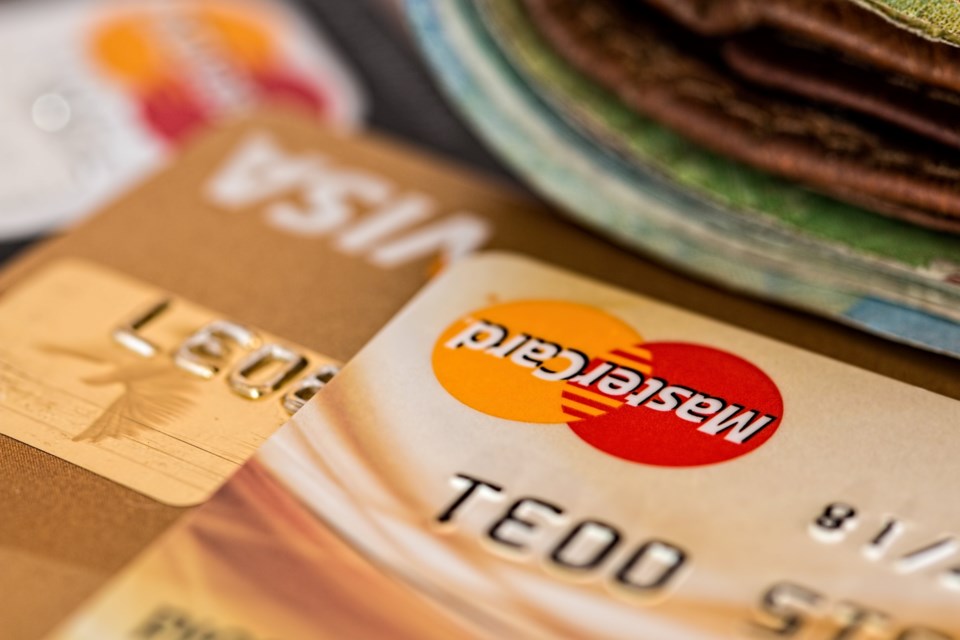NEWS RELEASE
ONTARIO PROVINCIAL POLICE
*************************
The Ontario Provincial Police (OPP) continues to receive reports from victims who have been contacted by fraudsters claiming to be bank investigators from their financial institution, local law enforcement, or one of their online merchants.
In these cases, the victim is told that there have been suspicious charges on their bank card, credit card or online bank accounts. Fraudsters state that the charge is either from an online purchase, in-store transaction or an overseas transfer. The fraudsters ask the victim for their bank or credit card information in order to “cancel the transaction.” In some cases, the victim is asked to place their bank cards or credit cards in an envelope marked with the PIN code to be picked up by the fraudulent bank investigator, which is to be replaced with a new card.
Fraudsters may ask for the victim’s assistance in an ongoing “investigation” against the criminals who compromised the victim’s accounts. The fraudsters request the victim to deposit or send their funds overseas as part of the “investigation.” It is not until the transfers are completed that the victim realizes there was never any compromise to their accounts.
According to the Canadian Anti-Fraud Centre (CAFC), bank investigator frauds represented $10.2 million in reported losses in 2023. Ontario victims reported losing more than $5.4 million. It is estimated that only five to 10 per cent of victims report frauds to the CAFC or law enforcement.
Warning signs — how to protect yourself
- Financial institutions or online merchants will never request you to transfer funds to an external account.
- If you get a call claiming to be from your financial institution, advise the caller that you will call them back. End the call and dial the number on the back of your bank or credit card from a different phone if possible or wait 10 minutes before making the outgoing call.
- Fraudsters use call-spoofing technology to mislead victims. Do not assume that phone numbers appearing on your call display are accurate.
- Never provide remote access to your computer or smartphone.
Join the conversation, using hashtags #FPM2024 and #kNOwfraud, as the OPP will be posting on social media each week during the month of March.
If you or someone you know suspect they have been a victim of fraud, report it to your local police service and to the CAFC at 1-888-495-8501 or online on the fraud reporting system, even if a financial loss did not occur.
*************************



